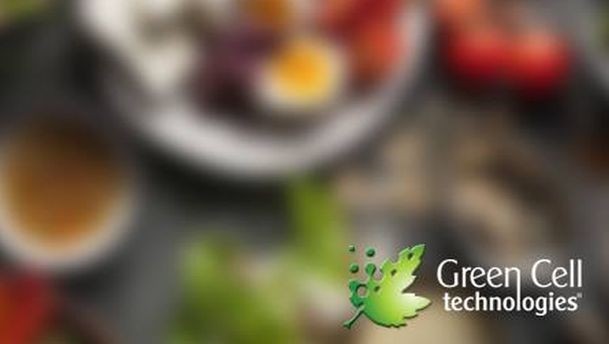'It's like a Vitamix without the blades': Could dynamic cellular disruption unlock new opportunities in the plant-based foods market?

Tim Avila, president of Systems Bioscience Inc - a California-based consultancy that has been working with GCT (based in South Africa) – told FoodNavigator-USA that DCD was “like a large scale Vitamix without the blades that uses pressure and other physical forces that breakup the cellulose network that holds plant cells together. You could also think of it as a vortex, a bit like a Dyson vacuum cleaner.”
Using the whole plant…
This, he says, has two benefits.
First, DCD breaks down plant matter – including insoluble fiber - into very small, micronized particles, so instead of pressing fruits and vegetables to extract the juice and being left with a ton of pulpy fibrous material, you could use the entire fruit, nut or vegetable (skin, pips and all), making for a better yield, no waste, and a ‘greener’ end product that retains the fiber and other nutrients in the whole plant, he adds.
Applications range from nut and seed butters, vegetable sauces, gazpachos, babyfood, smoothies, and juices with far more fiber than regular juice (you can add water at the start of the process in order to create different consistencies in the end product, although if the raw material already has a high water content this is not necessary, he says).
Similarly, DCD enables you to create chili sauce more quickly and cheaply by avoiding the need to ferment the chilies in brine or add vinegar to halt the fermentation process, he explains.
“Instead of leaving chilies to steep in brine to draw out the flavor, and then discarding the skins and seeds before using them in a sauce, you can push the whole chili (skin, seeds, stalks and all) through the disruptor at the same time as a brine solution, producing a raw chili sauce ready for consumption without the waste.
“The cells structures in the chilies are instantly opened, releasing the active compounds which are taken up into the brine solution, immediately infusing flavor.”
Bioavailability boost
Second, the DCD process effectively liberates phytonutrients and makes them more bioavailable without denaturing them by using heat, chemicals or harsh mechanical processes, he says.
"Cellulose is being disintegrated to micron size; the phytochemicals are liberated so they can be more easily presented to the human gut and more accurately measured by chemical analysis yielding higher numbers on a certificate of analysis."
Lower costs, more smooth and creamy products with whole food capture, plus clean labels
But how costly is it, and what level of interest has there been from the food and beverage industry?
The DCD machines are “less than one million dollars with a likely ROI (return on investment) time of 18 months if you have a reasonable volume,” he says. "But this is highly dependent on volume and cost of goods flowing through machine."
As for GCT’s progress, it has now moved from the R&D to the commercialization phase and is engaged in multiple trials in South Africa, and “having a lot of conversations” in the US and Europe, he adds.
"Most of the companies GCT is talking to are midsize - mostly juice and purée companies and a few seed and nut butter companies. The excitement is around lower costs and more smooth and creamy products with whole food capture, plus super clean, clear labels as you can use less or no emulsifiers or stabilizers."


















